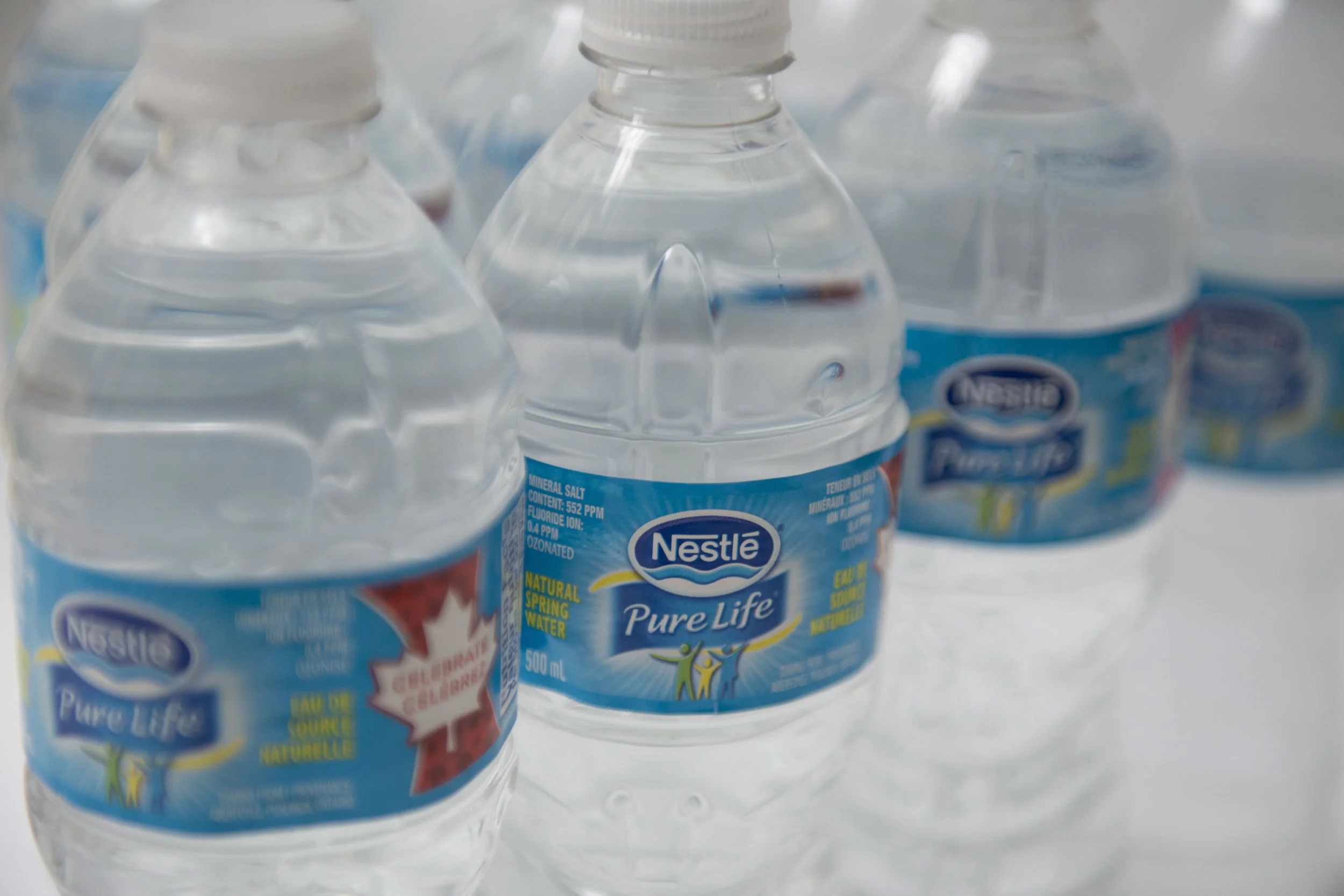Canada should be exploiting its enormous water resources to be both a sustainable food powerhouse and a global water research superpower, says a new paper from the Canadian Agri-Food Policy Institute. Yet the country’s water policies, management and research efforts are underdeveloped and unco-ordinated, leaving water resources and challenges largely unaddressed. That’s something that a national plan should fix, says the report written by Tyler McCann, Angele Poirier and Nicolas Mesly.
Critics of proposed Manitoba silica sand mine applaud environmental report that casts doubt on project safety Social Sharing
"The commission does not have sufficient confidence that the level of risk posed to an essential source of drinking water for the region has been adequately defined," reads a section of the 105-page document released by the Clean Environment Commission, an arms-length provincial agency mandated to provide advice and recommendations to Manitoba's environment minister. "The mining approach proposed by Sio Silica does have merit if the risks posed to the quality of water in the affected aquifers can be better defined and the management of those risks can be adequately addressed."
Kogos: I no longer take good, clean water for granted
Living in NYC, it’s from the faucet or bottled water. And on Manitoulin, I know certain rules, such as not drinking from a Manitoulin stream or untested lake or river water, but what about other sources? Not knowing much about water and wanting to learn more, I was delighted to talk to Jeff Wahl of Wahl Water on Manitoulin Island. Jeff has specialized in all kinds of water treatment for more than 20 years.
Contamination of Grand River coming from upstream
A study measuring the quality of water in the Grand River found the majority of pollutants are coming from municipalities upstream and are concentrated around Fairchild Creek. Pesticides, e-coli, and human waste by-products are all present in the Grand River but the state of the art treatment plant in Ohsweken is filtering most of that out, according to one of the study authors, Marsha Serville-Tertullien, from Trent University. She recommended Six Nations tell municipalities up stream to clean up their act in order to reduce potential contaminants in Six Nations’ drinking water.
PVWC examining how to mitigate future drought issues
The Pembina Valley Water Co-op is continuing right where it left off in 2021, forging ahead to enhance the quality of water it provides, and ensure its member municipalities continue to have a secure supply of treated potable water going forward. CEO, Greg Archibald, says 2021 was an extremely busy year for the Co-op. Upgrades were completed at the Stephenfield Lake, including an upgrade to the plant for additional capacity in order to supply water to the Town of Carman as a result of the town shutting down it's water treatment plant and putting in a new reservoir.
How well is your water? N.S. panel to discuss climate change impacts on groundwater
Climate change is already affecting the volume and quality of water that's coming out of many taps in Nova Scotia. Drought, saltwater intrusion, and flooding are just some of the issues that scientists predict will become worse in the coming years for the 42 per cent of Nova Scotians who rely on groundwater from private wells. "With climate change, we will see more extreme events and we will see more impacts on our shallow and even our deep groundwater resources," said Barret Kurylyk, an associate professor at Dalhousie University and Canada Research Chair in Coastal Water Resources.
Conservation authority, farmer discuss soil and water health
Maitland Conservation (MC), formerly Maitland Valley Conservation Authority (MCVA), has been monitoring two agricultural sub-watersheds to address water quality concerns and the effects of farming practices on local water. Ben Van Dieten, Agricultural Stewardship Technician, and Chris Van Esbroeck, Stewardship Services Coordinator of MC, presented their findings to date on these projects, in terms of how and when sediment and nutrients leave the landscape, and the practices they promote to reduce these losses.
Ontario proposes to extend water bottling moratorium by nine months
Ontario is proposing to extend a moratorium on water bottling permits for nine months to give the government more time to consider the science behind it. Over the past year, the government reviewed the state of water resources in key areas of the province and the effect that taking water out of the ground has on those resources, a spokesman for Environment Minister Jeff Yurek said.









